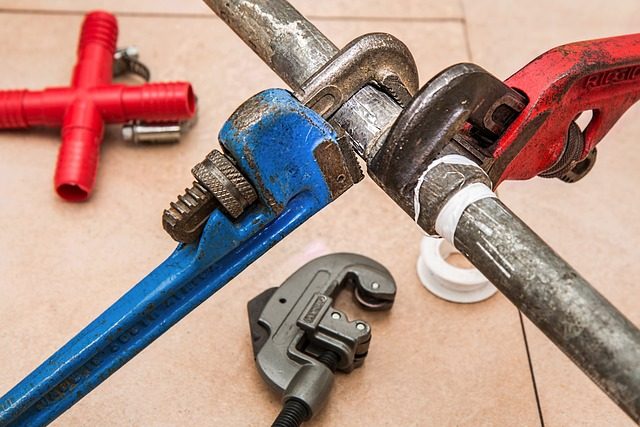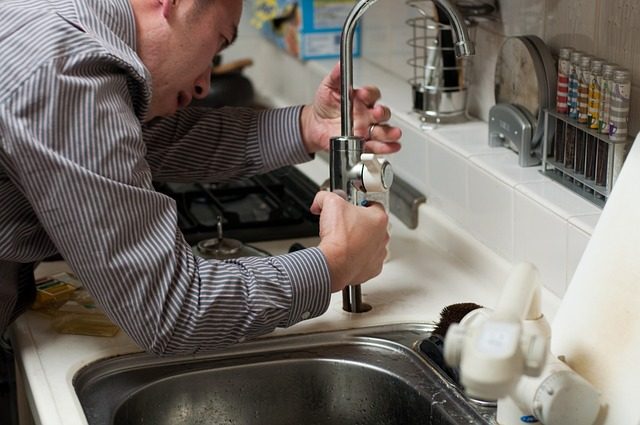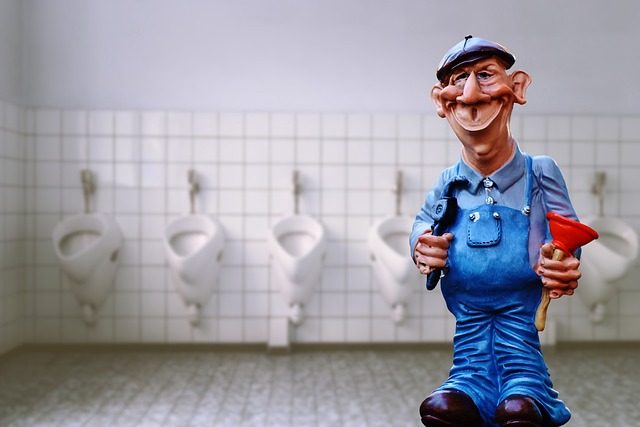Becoming a plumber can offer a stable and rewarding career path for those interested in the trade industry. With the right training and qualifications, plumbers can enjoy a lucrative career with diverse job opportunities.
Table of Contents
What Are The Different Pathways To Become A Plumber?
There are several pathways to becoming a plumber. Traditional routes often involve a combination of classroom learning and practical training. Here are some common paths:
- Vocational or technical schools offer plumbing programs that provide foundational knowledge.
- Apprenticeships provide hands-on experience and are often sponsored by unions or trade associations.
- Some start as an assistant to a seasoned plumber and learn through on-the-job training.
- You can also explore self-study and specialized workshops, though these may require more effort to gain recognition in the field.
It’s important to research and choose the pathway that aligns with your learning style and career goals.
What Skills Do You Need To Be A Successful Plumber?
Plumbing is a skill-intensive field requiring a mix of technical and soft skills. Technical skills include understanding plumbing systems, reading blueprints, and proficient use of tools. Soft skills such as problem-solving, customer service, and communication are equally critical as they ensure customer satisfaction and repeat business.
Physical fitness is also essential, as plumbers often work in tight spaces and must handle heavy materials. Additionally, business acumen can benefit those looking to become self-employed plumbers.
What Is The Importance Of Apprenticeships In Plumbing?
Apprenticeships are crucial in plumbing as they combine theoretical knowledge with practical application. These programs usually last between 4-5 years and are a key step in gaining the necessary plumber qualifications. Apprentices work under experienced plumbers, tackling real-world plumbing issues while earning a wage.
This hands-on training is valuable for mastering the trade and understanding complex systems. Plus, apprenticeships often lead directly to employment opportunities upon completion.
What Is The Average Salary Of A Plumber?
The plumber salary can vary based on location, experience, and specialization. According to the Bureau of Labor Statistics, the median annual wage for plumbers was $59,880 as of May 2020. High-demand areas and specialized fields within plumbing, such as renewable energy systems, can command higher wages.
How Long Does It Take To Complete Plumbing Training?
Completing plumber training can take anywhere from a few months to several years, depending on the chosen path. Short courses can provide basic knowledge quickly, whereas apprenticeships offer in-depth training over 4-5 years.
Those looking to expedite their path into the profession might consider accelerated programs or intensive workshops, which can shorten the time frame but may require a stronger commitment.
What Are The Job Opportunities For Plumbers?
The job market for plumbers is strong, with the Bureau of Labor Statistics forecasting a 4% growth from 2019 to 2029. Plumbers have diverse job opportunities in residential, commercial, and industrial sectors. They can work for construction companies, plumbing contractors, or even start their own business.
New construction and the need for plumbing maintenance and repairs drive continuous demand. Additionally, plumbers are essential in retrofitting buildings for water efficiency and installing renewable energy systems.
How Do You Get A Plumber’s License In California?
In California, obtaining a plumber’s license requires meeting specific criteria. Aspiring plumbers must complete an apprenticeship or equivalent training, document several years of work experience, and pass a licensing exam.
Further requirements include registering with the California Contractors State License Board (CSLB) and staying informed about the state’s building codes and regulations.
Frequently Asked Questions About Plumbing Careers
What Is The Best Salary For A Plumber?
While salaries can vary, experienced plumbers in high-demand areas or those with specializations in areas like green technology can earn higher wages. According to the Bureau of Labor Statistics, the higher end of the pay scale for plumbers can exceed $90,000 annually.
Salaries also depend on factors such as the type of employer, location, and the individual’s level of experience and certifications.
How Long Does It Take To Become A Plumber In California?
The timeline to become a plumber in California typically involves completing an apprenticeship program, which can take about 4-5 years. Additional time may be required to prepare for and pass the state licensing exam.
This period ensures that individuals gain the necessary experience and knowledge to meet the stringent standards set by the state.
How Long Does It Take To Learn Basic Plumbing?
Learning basic plumbing skills can take a few months through short-term courses or trade school programs. However, gaining proficiency and becoming a fully qualified plumber will require further training and experience.
Most plumbers continue learning throughout their careers, staying up-to-date with new technologies and techniques.
How Much Do Plumbers Make In Cali?
Plumbers in California often earn higher wages than the national average due to the state’s high cost of living and demand for skilled tradespeople. In some regions of the state, plumbers’ earnings can surpass $70,000 per year, with greater potential for those who run their own businesses or specialize in areas like green energy installations.
It’s important to note that salaries can fluctuate based on the city, demand, and individual expertise.
By understanding the various pathways to become a plumber, the skills required, the importance of apprenticeships, salary expectations, training duration, job opportunities, and the process of becoming licensed, especially in specific states like California, one can prepare for a successful career in plumbing. Whether starting out or looking to change careers, the plumbing industry presents a solid choice for those seeking a reliable and rewarding profession.










